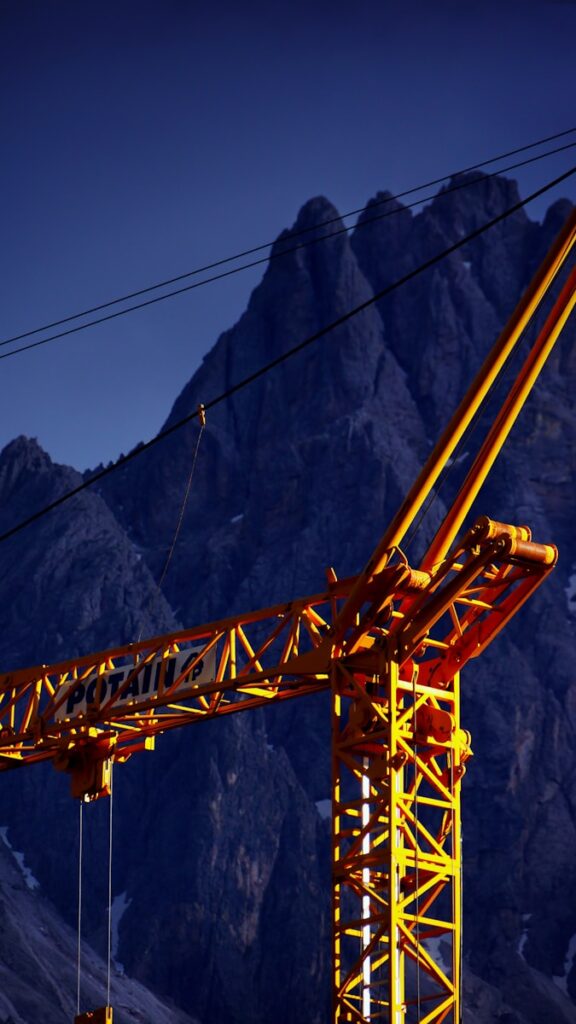Mountains are formidable geological structures formed through tectonic processes, primarily the collision and subduction of Earth’s crustal plates. They typically consist of various layers of rock, including sedimentary, metamorphic, and igneous formations. The core of a mountain often features ancient, high-grade metamorphic rocks, while the outer layers may include sedimentary rocks that have been pushed upwards over time. Faults and folds in these rocks reveal the dynamic forces that have shaped mountain ranges over millions of years. The complex interplay of geological processes such as uplift, erosion, and volcanic activity contributes to the diverse and dramatic landscapes seen in mountain ranges around the world.

Human activities, however, are increasingly impacting these majestic landforms. Deforestation for agriculture and urban development leads to soil erosion, weakening the mountain’s structural integrity and causing landslides. Mining operations, particularly for minerals and fossil fuels, disrupt mountain ecosystems and can lead to significant environmental degradation. Construction of roads and infrastructure further fragments mountain habitats, impacting both wildlife and the natural processes that sustain these ecosystems. Additionally, climate change induced by human activities accelerates glacial melting and alters weather patterns, affecting the stability and health of mountainous regions.

Mountains hold significant ecological, cultural, and economic value. Ecologically, they are critical sources of freshwater, with many major rivers originating from mountain glaciers and snowfields. They support diverse habitats and species adapted to high-altitude environments, playing a crucial role in global biodiversity. Culturally, mountains often hold spiritual or historical significance for local communities and indigenous peoples, serving as symbols of heritage and identity. Economically, they provide resources such as minerals, timber, and tourism opportunities, contributing to the livelihoods of many people.
Preserving the integrity of mountains is essential for maintaining their ecological functions and cultural significance. Sustainable practices, such as responsible land management and controlled resource extraction, can help mitigate the impact of human activities. Conservation efforts aimed at protecting mountain ecosystems, including establishing protected areas and promoting reforestation, are crucial. Moreover, addressing climate change through global initiatives can help stabilize the glaciers and weather patterns that mountain regions depend on. By balancing development with conservation, we can ensure that mountains continue to benefit both present and future generations.
